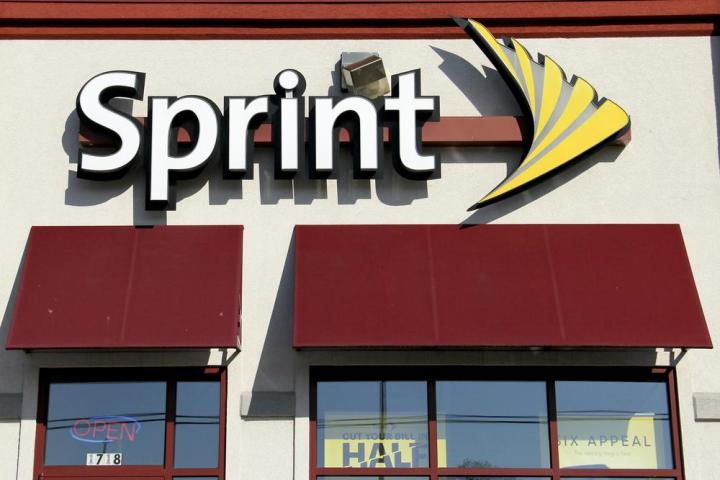
Sprint snagged on a $7.99 monthly fee to customers, without telling them of the situation. The program ran from November 2013 to June 2014, before Sprint made changes to the way it discloses the extra payment. The FTC did not disclose how many customers were affected by the program, named the Account Spending Limit (ASL).
“Sprint failed to give many consumers required information about why they were placed in a more costly program, and when they did, the notice often came too late for consumers to choose another mobile carrier,” said FTC bureau of consumer protection director Jessica Rich in a statement.
Since Sprint bills customers for services, the company must abide by the Fair Credit Reporting Act. The act makes sure that customers with lower-credit scores are informed before the transaction that they’re being offered unfavorable terms, letting them walk away and not make the purchase.
Sprint claims that it offered enough information to the customer, stating that the fee was clearly disclosed before the billing. The FTC doesn’t agree, and is working with Sprint to make sure full disclosure is given for any future programs.
The fourth-place carrier also claims that the program is designed for customers that may not qualify for postpaid wireless service. It will continue to offer the service for customers, but plans to disclose the extra payment 14-days before the billing period.
Sprint has taken quite a few blows from federal departments in the past two years, with the FCC charging the company $108 million for “mobile cramming”, $108 million for shady billing practices, and now $2.95 million for failure to disclose extra credit-score payments.


